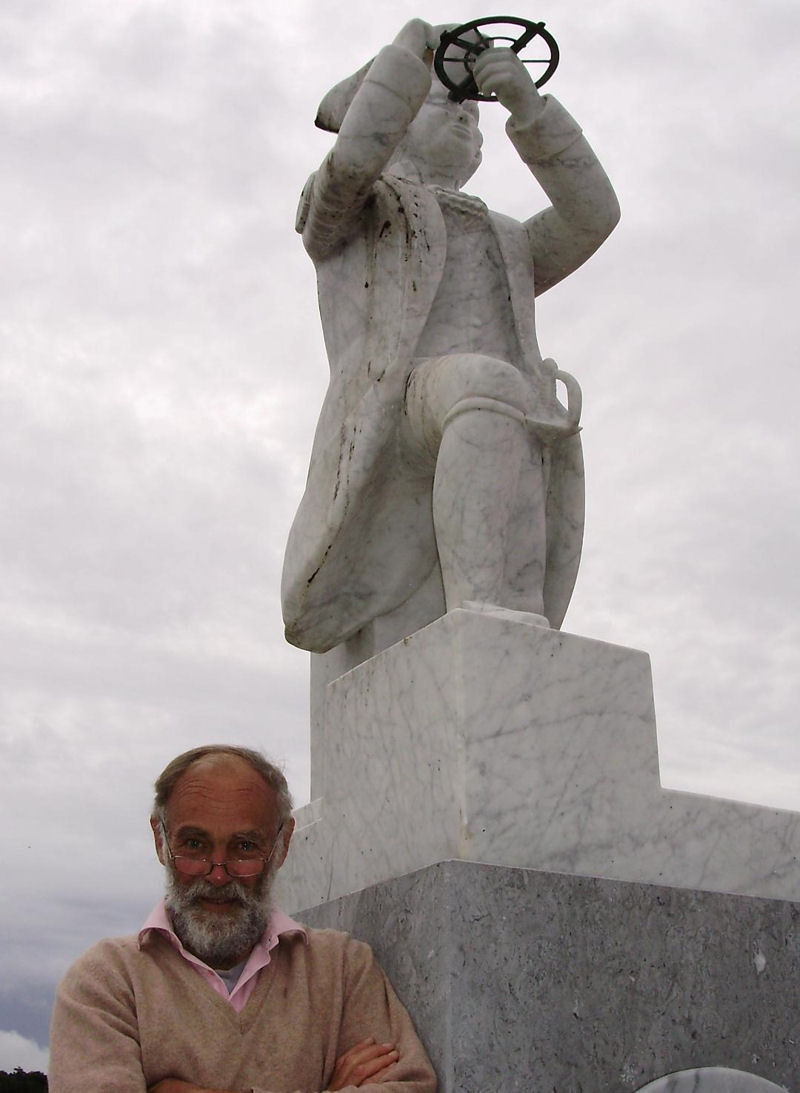2025-28 Lectures in Russia and now Ukraine
 Wednesday, November 5, 2025
Wednesday, November 5, 2025 PRESS RELEASE IMMEDIATE 5.11.2025
_______________
BINARY REFERENDUMS IN YUGOSLAVIA, UKRAINE AND NORTHERN IRELAND
_______________
RUSSIA On 8th Oct, in Moscow’s HSE University, Higher School of Economics,
UKRAINE and on 5th Nov, in Mykolaiv’s National University,
Peter Emerson (a) critiques binary ballots, and (b) promotes preferential decision-making, as in multi-option ‘Borda preferendums’.
_______________
1990s THE BALKANS
“All the wars in the former Yugoslavia started with a referendum,” (Oslobodjenje, 7.2.1999) and the same (2014 and ’22) now applies to Ukraine.
_______________
1991 UKRAINE
The 1991 referendum in Ukraine was held in every oblast (county); they all voted 80%+, or even 90%+, for independence… except Crimea on only 54% where, inter alia, the Tatars abstained. Was it wise to consider such a narrow margin (as in Brexit?) as a total ‘victory’? Would a third option of ‘joint authority’ been fair?
2014 UKRAINE
Putin’s referendum in Crimea, with little ‘green men’ everywhere, was an even bigger nonsense; but another cause of its nonsense was the question itself: it was binary. Compromise wasn’t even possible! The question “Are you Russian or Ukrainian?” is artificial, as if only these two options which were possible. No wonder the Tatars abstained, again.
2014 SCOTLAND
In Luhansk, Russian separatists used the word ‘Shotlandiya,’ Scotland, {Шотландия}. The Scottish referendum was another nonsense: a binary vote on a three-option question in which the winner, ‘Devo-max’, wasn’t even on the ballot paper!
2022 UKRAINE
The 2014 question in Donetsk was, in effect, “Do you want to be independent (from Kiev)?” By 2022, however, Putin had changed his mind; so he held another poll: “Do you want to be dependent (on Moscow)?” And, supposedly, a majority of voters had apparently changed their minds as well, in exactly the same way. Another nonsense!
_______________
? N IRELAND
As in Ukraine, majority voting has often shown itself to be a means by which those in power (try to) control the question, and thereby the debate, if not indeed the answer. Both London and Dublin want ‘either/or’… but maybe NI has a different 1st preference. We the people…
Yes, maybe we the people want to be under joint authority, or in a W-I-S-E (Wales-Ireland-Scotland-England) federation, or whatever.
For the sake of world peace, we call for the GFA to be revisited: for the referendum on NI’s future to be multi-optional, ideally on about 4-6 options as decided in a citizens’ assembly. And (just as our elections are preferential, so too) a multi-option ‘preferendum’ could also be preferential.
 Deborda | Comments Off |
Deborda | Comments Off | 

